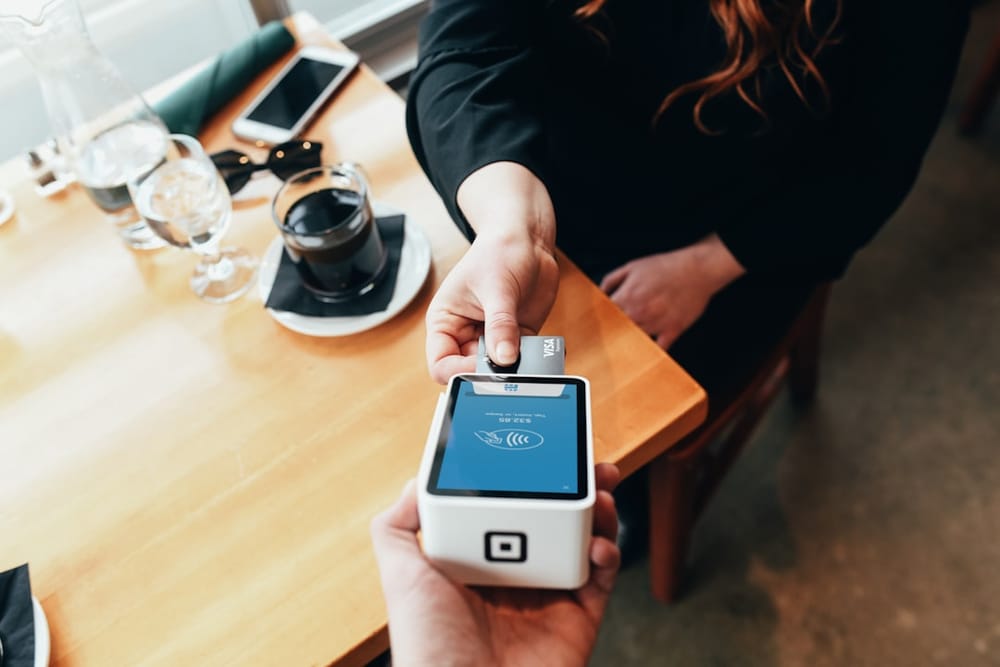Studying in the United States is a big aspiration for many foreign students, but adjusting to a new environment poses challenges, particularly with financial management. In planning for this, you should know that there are several helpful ideas and tips that will save you money and fees and enhance your experience with the American banking and credit card system.
How to Choose the Right Bank as an International Student in the USA
Opening a bank account is one of the first steps to managing your finances in the USA. Here’s how to choose the right bank:
- Research Student-Friendly Accounts: Look for banks that offer accounts with minimal restrictions for international students, such as no account minimums.
- National vs. Regional Banks: National banks like Chase and Bank of America offer wider coverage, while regional banks may have lower fees but fewer ATMs.
- ATM Accessibility: Make sure the bank has ATMs near your school or residence to avoid fees from out-of-network ATMs.
Use Credit Cards Wisely as an International Student
A good credit history is very important in the US. When renting houses, borrowing money, and even when looking for a job, having a good credit score is an advantage. There are two types of credit cards that you will be more likely to come across as an International Student in USA: the student credit card and the secured credit card.
Student Credit Cards
Student credit cards are specifically made for first-time card users and hence have low limits to help them cultivate responsible credit usage. Look for cards that:
- No annual fees
- Low interest rates
- Rewards or cashback for students
Secured Credit Cards
If you cannot qualify for a student credit card, a secured credit card is an option as well. It is backed by the cash deposit that the holder pays upfront so it has low risk to the bank.
Tips for Managing Credit Cards:
- Pay your balance in full each month: This will take away chances of steep interest accrual and enhance your credit rating.
- Avoid using the full credit limit: Aim at utilization below 30% of your limits as this helps enhance your credit score.
- Set up payment reminders: You can incur penalty fees as well as damage your score through such inverse trade payments.
Creating a Student Budget as an International Student in the USA
Managing your finances effectively starts with creating a solid budget. Here's how to do it:
- Calculate Your Income: Include sources like scholarships, part-time job earnings, and family support.
- List Essential Expenses: Track rent, bills, groceries, and transportation costs.
- Allocate for Non-Essential Spending: Budget for entertainment, dining out, and travel while ensuring it doesn’t impact your savings.
Use Budgeting Apps: Apps like Mint, PocketGuard, or You Need a Budget (YNAB) can help you track and categorize your expenses.
Saving Money on Daily Expenses
As an international student in USA, every penny counts. Here are some practical ways to save money on daily expenses:
- Use student discounts: Many stores, restaurants, and public transportation services offer discounts to students. Always carry your student ID and ask for any available offers.
- Shop smart for groceries: Buy in bulk, use store loyalty cards, and look for sales or coupons. Shopping at discount stores like Aldi or Walmart can also help cut costs.
- Share accommodation: If living on-campus is too expensive, consider off-campus housing and share rent with roommates.
- Use public transportation: Instead of relying on ridesharing services, opt for public transport or discounted student passes to save on commuting costs.
Conclusion
Managing your finances effectively as an international student in USA requires a proactive approach. By creating a budget, using credit cards wisely, and taking advantage of student discounts, you can save money, avoid fees, and build a strong financial foundation for your future. Explore expert tips to manage your finances as an international student and achieve financial stability. Discover how Zolve can help simplify your banking experience and support you in managing your finances with ease during your stay in the U.S.
FAQs
1. Can I open a US bank account without a Social Security Number (SSN)?
Yes, there are several banks that permit US international students to create accounts even without an SSN. You will usually require a passport, visa and I-20 form in order to initiate the process.
2. How do I avoid international transaction fees on my credit card?
The best way to prevent loss when it comes to the issue of credit card overseas use is to search for credit cards with no foreign transaction charges. These are the best cards for international students who are likely to purchase goods in other currencies.
3. How can I build my credit score as an international student?
You can begin with getting a student or secured credit card, making timely payments and maintaining low credit utilization. Sooner or later, this will generate a good credit history.
4. Is it necessary to get a part-time job as an international student?
Although not compulsory, a part-time job may actually help in defraying some costs. Be sure that your visa permits work and it does not clash with your studies.
5. What’s the best way to send money internationally without high fees?
Wise (formerly TransferWise), PayPal, Xoom and such services have lower fees on international money transfers when compared to the regular bank wire services. Make it a practice to compare the rates whenever you want to do a transfer.
Disclaimer: The products, services, and offerings mentioned in this blog are subject to change and may vary over time. We recommend visiting our official website for the most up-to-date information on Zolve's offerings.




